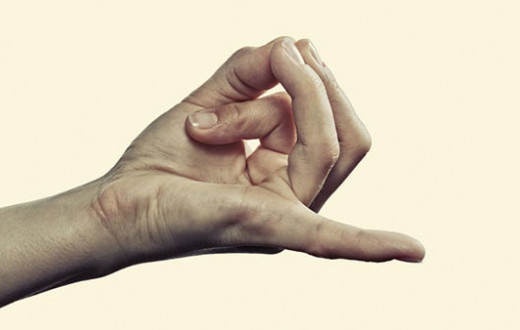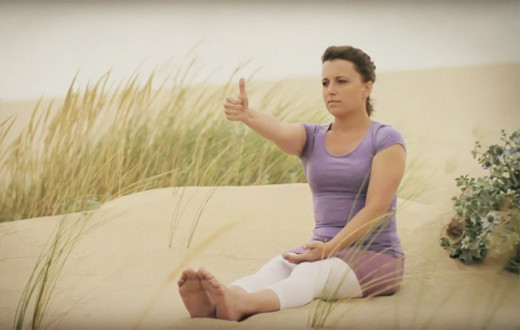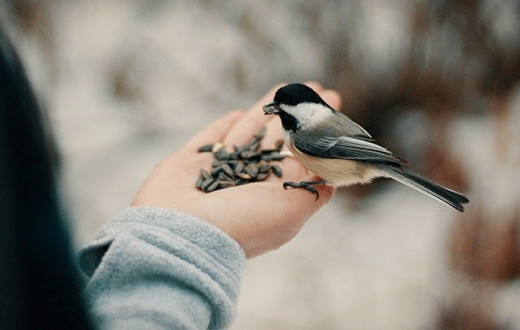
Don’t we all love the diversity we see in nature? Looking outside my window, I can’t help but notice the different kinds of plants, trees, and flowers I see. In the same line of thought, there are so many different breeds of dogs, all of which are wonderful. A variety of cats also grace our planet: from your cuddly house kitty sleeping in your lap to the big cats like leopards and lions that you want to stay far away from.
Where have all the humans gone?
So what about humans? Why are we the only humans on this planet alive right now?
Well, several hundreds of thousands of years ago, this was not the case. There is much evidence that Homo Sapiens shared the planet with other human species as well: Homo Neanderthals, Homo Erectus, Homo Habilis and at least thirteen more. Many of you don’t find this exciting at all. For me, it fills me with wonder.
So, why are homo sapiens the only ones around? What happened to the other “Humans”?
Well, I am in no way an archaeologist. The more I read about this, the more wonderstruck I become. There is no debating the fact that modern-day humans have cognitive and learning abilities far superior to early humankind. The ability to communicate through complex language structures, the ability to imagine, the ability to believe, the ability to operate in larger groups and teams all supported the sustenance and existence of Sapiens. This helped us deal with challenges (finding food, survival in harsh conditions, the ability to thrive) in much better ways than, let’s say, the Neanderthals would.
Beyond the basics of survival
Fast forward to the present day society. It seems that the most modern species of humans have found a new set of challenges to deal with: stress, anxiety, and depression.
The recent suicides of Kate Spade and Anthony Bourdain definitely show us that material success has nothing to do with mental well being.

Img Courtesy: Yahoo finance
You see, our brains are complex. In this highly functional brain we carry around, we have a tiny little part called the hippocampus.
The hippocampus is a part of the limbic system, which is associated with the realm of “feeling and reaction”. It is also responsible for controlling various bodily functions, like the endocrine system and what is commonly known as the “fight or flight” response. In people with depression, the hippocampus loses volume.
So how bad is the problem?
According to American Foundation for Suicide Prevention, this is what the current statistics look like just in the United States:

https://afsp.org/about-suicide/suicide-statistics/
I’m sure you’ll agree that this is alarming and that we all need to do something about it. It is time for the next round of evolution to begin, and for us to move beyond mere survival and into true wellness.
Evolution 2.0
As Sapiens Sapiens move forward as the only human species to be living on this planet right now, and as the basic human needs of shelter and nutrition become easier and easier to achieve, we must find ways to shelter our mental and emotional health, too.
One of the ways that works best for me is meditation.

Independent research shows that within a few weeks of meditation, participants found a significant impact on the brain function, including the growth of the hippocampus and a highly positive impact in the posterior cingulate, which is involved in attention issues and self-relevance.
Sudarshan Kriya and the developing mind
Having been a practitioner of yoga, meditation, and Sudarshan Kriya, a yogic rhythmic breathing technique, for over 20 years, I know that it feels pretty darn good. It is something that you can only experience for yourself.
One of my friends, Jill Klimpel, who now works at Ohio State University, shares her experience with the same technique (Sudarshan Kriya) taught on The Art of Living Happiness Programs.

Jill Klimpel with H.H. Gurudev Sri Sri Ravishankar
“A few years back, 2010–2013, more or less, I went through a difficult period. Having divorced after a decade-long relationship, as well as having been diagnosed with lupus, I was in physical and emotional pain. I tried different treatments, both allopathic and natural, but nothing worked. I struggled with addiction to numb the pain. The insomnia was debilitating.
In discussing suicide, I know what it means to go to those depths. It was a time when I could feel the structures of society beating down on me — I understood what it meant to be a single woman without much financial, social, or internal power, and sick, both emotionally and physically. Save but one or two close friends (angels) that received my late-night phone calls to pull me off the ledge, not many people know how low I went.
I’m posting these pictures of myself and Gurudev Sri Sri Ravi Shankar because it was his program, now called the Happiness Program, and his breathing technique that gave me my life back. After I tried the Sudarshan Kriya I felt a relief that nothing else gave.
I kept going, following his teachings, techniques, and pushing myself to get better. It was a long road but 8 years later, I’m happy, I’m healthy (I have no signs of lupus), and I’m resilient to setbacks.
Gurudev is the real deal. He walks the talk. He’s proven that to me over and over. He’s a world leader, a diplomat, and a renowned yogi, but he’s also a humble servant, a favorite teacher, and a best friend.”
Modern day humans are not the end of our evolutionary journey -- our learning and cognitive abilities continue to develop and grow, and I believe that meditation and mindfulness are the key to overcoming the mental and emotional roadblocks we face.
We all need to evolve and deal with stress in much healthier ways and start talking about depression and mental health.
Simple Ways to Combat Depression
- Train your neurons to be more happy by actively practicing happiness and gratitude.
- Practice Sudarshan Kriya or any other form of meditation.
- Lean towards a holistic and a spiritual lifestyle. Spirituality doesn’t have to be religious: it is anything that uplifts your spirit past the mundane tasks of everyday life.
- Avoid blaming yourself or others or indulging in too much complaining.
- Exercise more.
- If you are in crisis, please call the National Suicide Prevention Lifeline at 1–800–273-TALK (8255) or contact the Crisis Text Line by texting TALK to 741741.
- Be kind and listen to people more. We are all in this together.

Jitesh Vaswani | TEDx speaker | Yoga and Meditation Instructor | Facilitator, The Art of Living Foundation | Facilitator, The International Association for Human Values | Masters in Electrical Engineering | Mutant





























